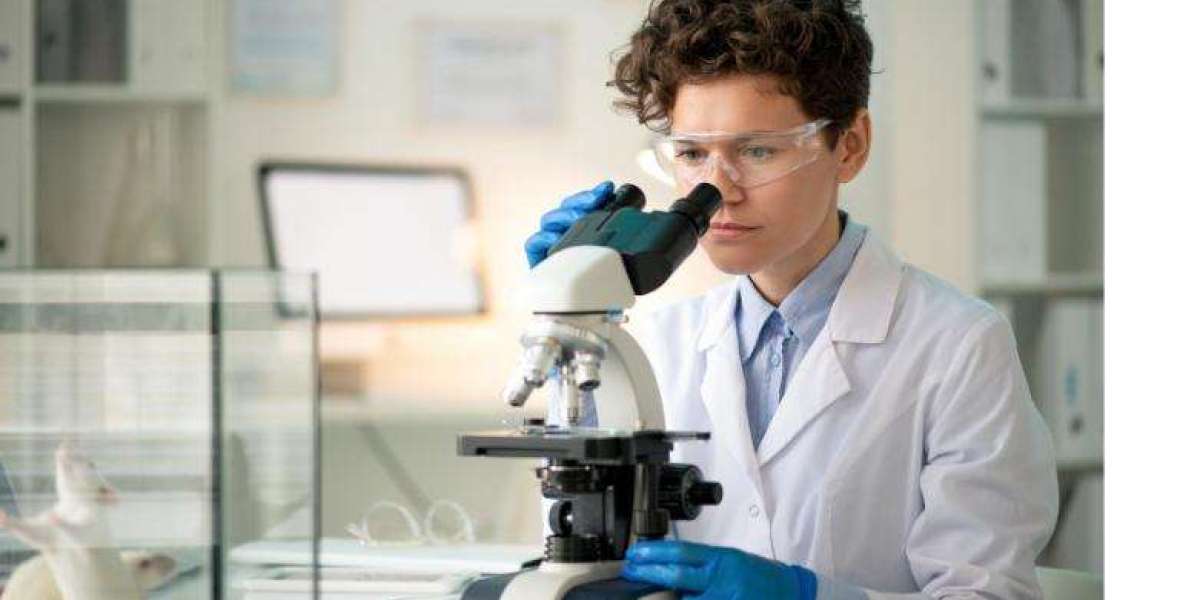Antibody discovery services are at the heart of modern therapeutic research and development, enabling rapid and efficient identification of antibodies that can be used for a variety of therapeutic, diagnostic, and research applications. This detailed exploration delves into how these services operate, their importance in advancing medical science, and the technological innovations that have revolutionized this field, using Nona Biosciences as a case study.
The Essentials of Antibody Discovery Services: Antibody discovery services involve several crucial steps:
Target Identification: Selecting a biological target associated with a disease, which the antibody will bind to.
Screening and Selection: Using various technologies to identify antibodies that effectively bind to the target. Techniques include phage display libraries, hybridoma technology, or transgenic animals equipped with human immune systems, such as Nona Biosciences' Harbour Mice®.
Characterization: Analyzing the binding affinity, specificity, and functional activity of the antibodies to ensure they meet therapeutic needs.
Optimization: Engineering the antibody to enhance its properties, such as increased binding affinity, reduced immunogenicity, or improved stability.
Scale-Up and Production: Transitioning from small-scale laboratory production to larger manufacturing processes suitable for clinical trials.
Technological Innovations Driving the Field: Innovations in biotechnology have significantly enhanced antibody discovery services. Platforms like Nona Biosciences’ Harbour Mice® allow for the generation of fully human antibodies directly in vivo, which can speed up the development process and improve the human relevance of the antibodies produced. Additionally, technologies like next-generation sequencing and artificial intelligence are being integrated to optimize screening and selection processes further.
Importance in Medical Research and Development: Antibody discovery services are critical for developing new treatments for diseases such as cancer, autoimmune disorders, and infectious diseases. The ability to quickly identify and optimize antibodies that can target specific disease mechanisms is a cornerstone of personalized medicine and has led to the development of many life-saving treatments.
Case Study: Nona Biosciences’ Comprehensive Approach: Nona Biosciences exemplifies the integration of comprehensive antibody discovery services with advanced technology. Their use of proprietary platforms not only accelerates the antibody discovery process but also ensures that the antibodies are of high quality and specificity. Their services cover everything from initial target validation through to preclinical assessments, embodying a full-service approach to therapeutic antibody development.
Conclusion: The field of antibody discovery services is a dynamic area of biotechnology that continues to evolve rapidly. As companies like Nona Biosciences continue to innovate and refine their technologies and methodologies, the potential for developing new and more effective treatments increases, promising a future where diseases are managed more effectively and with greater precision.
For more information on the latest in antibody discovery and how Nona Biosciences contributes to this field, visit Nona Biosciences.








